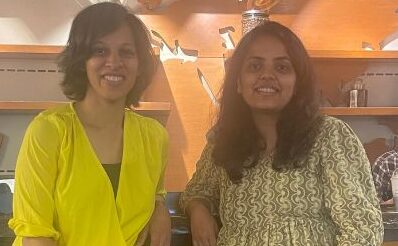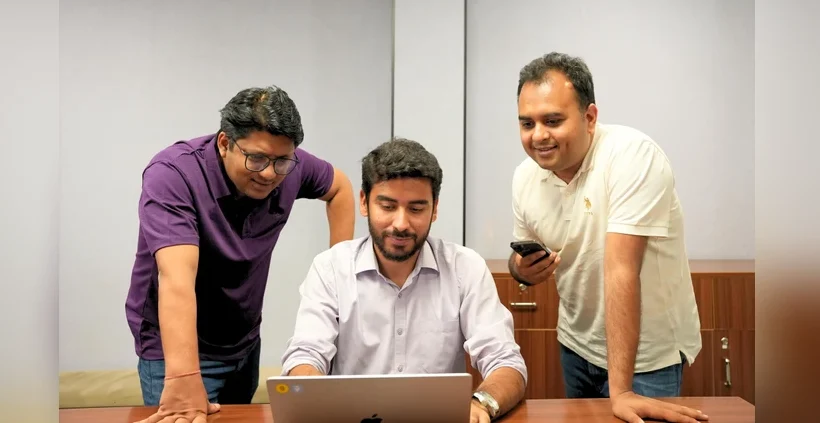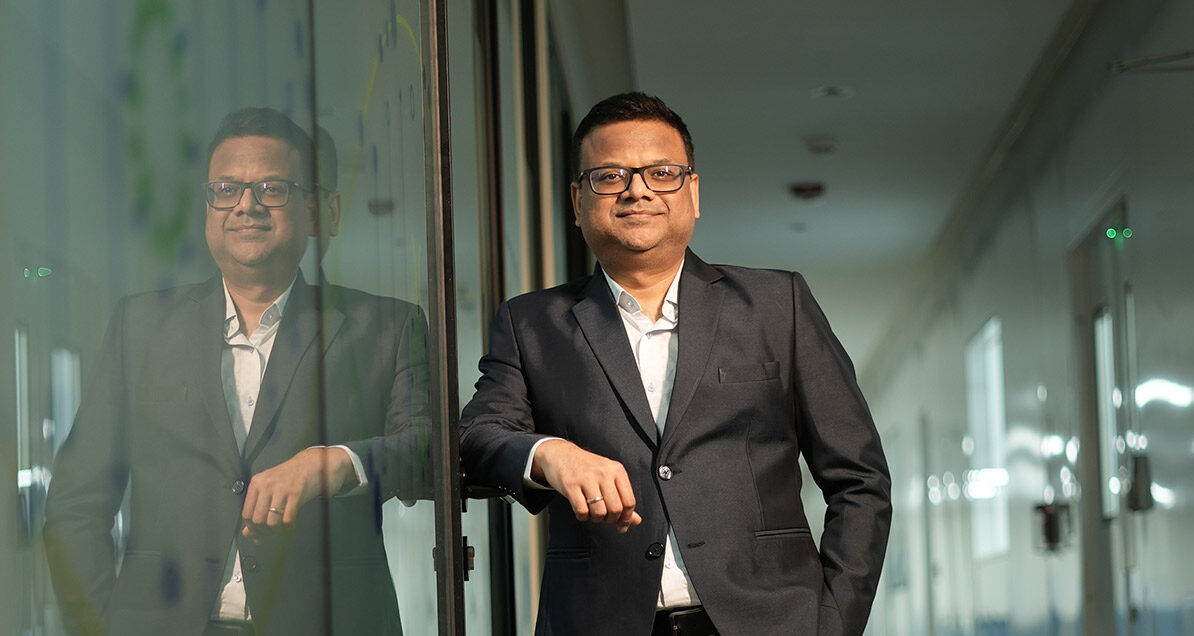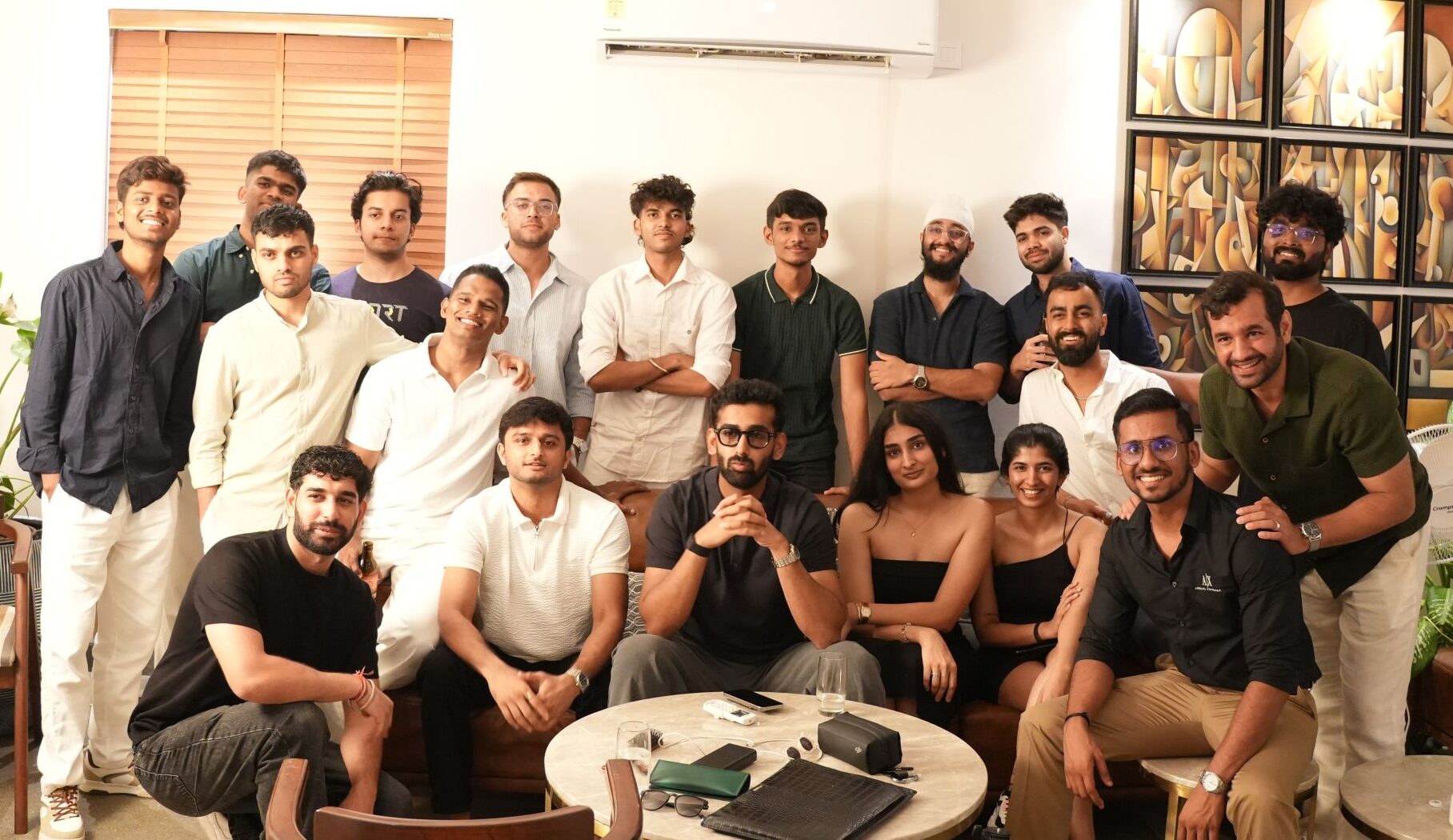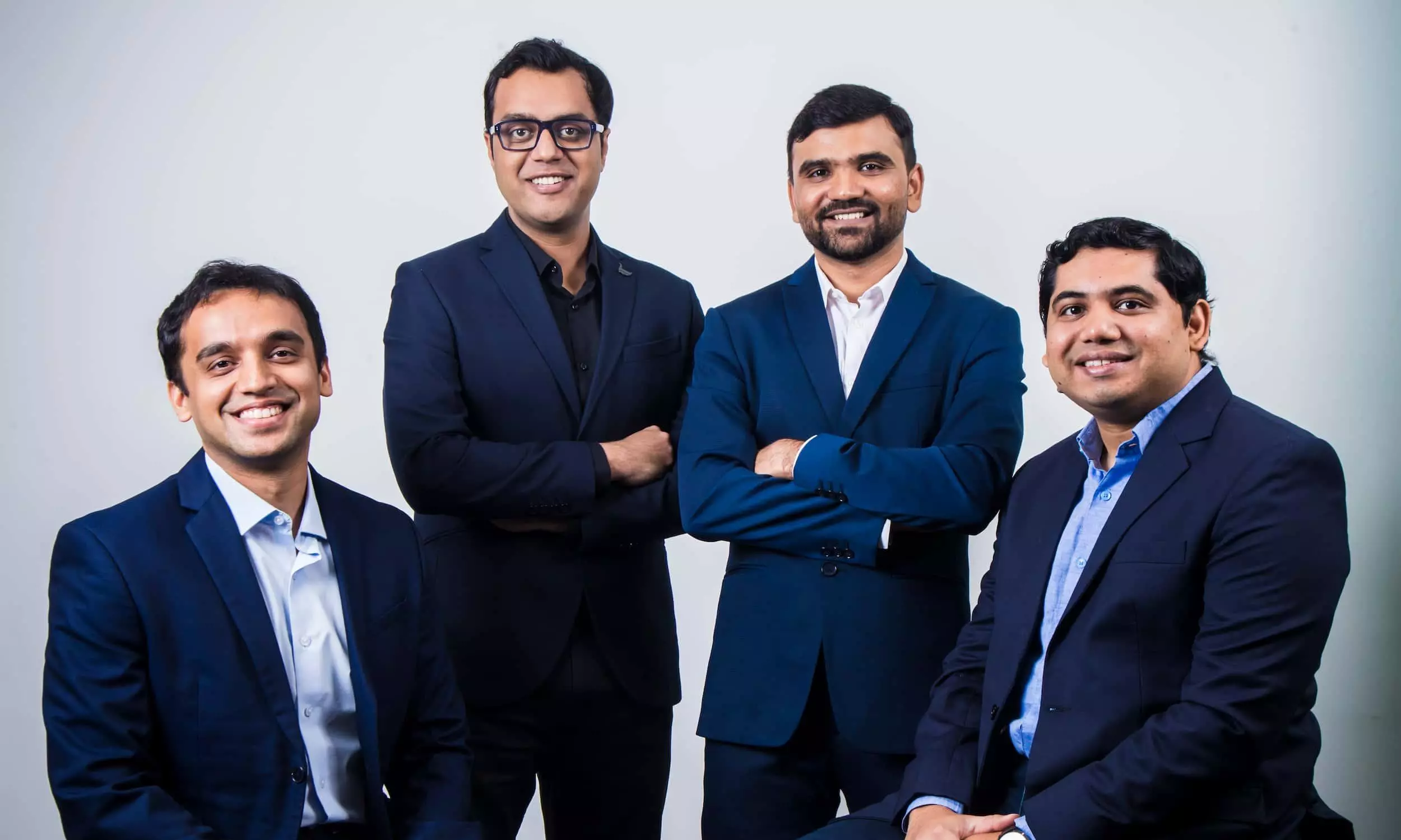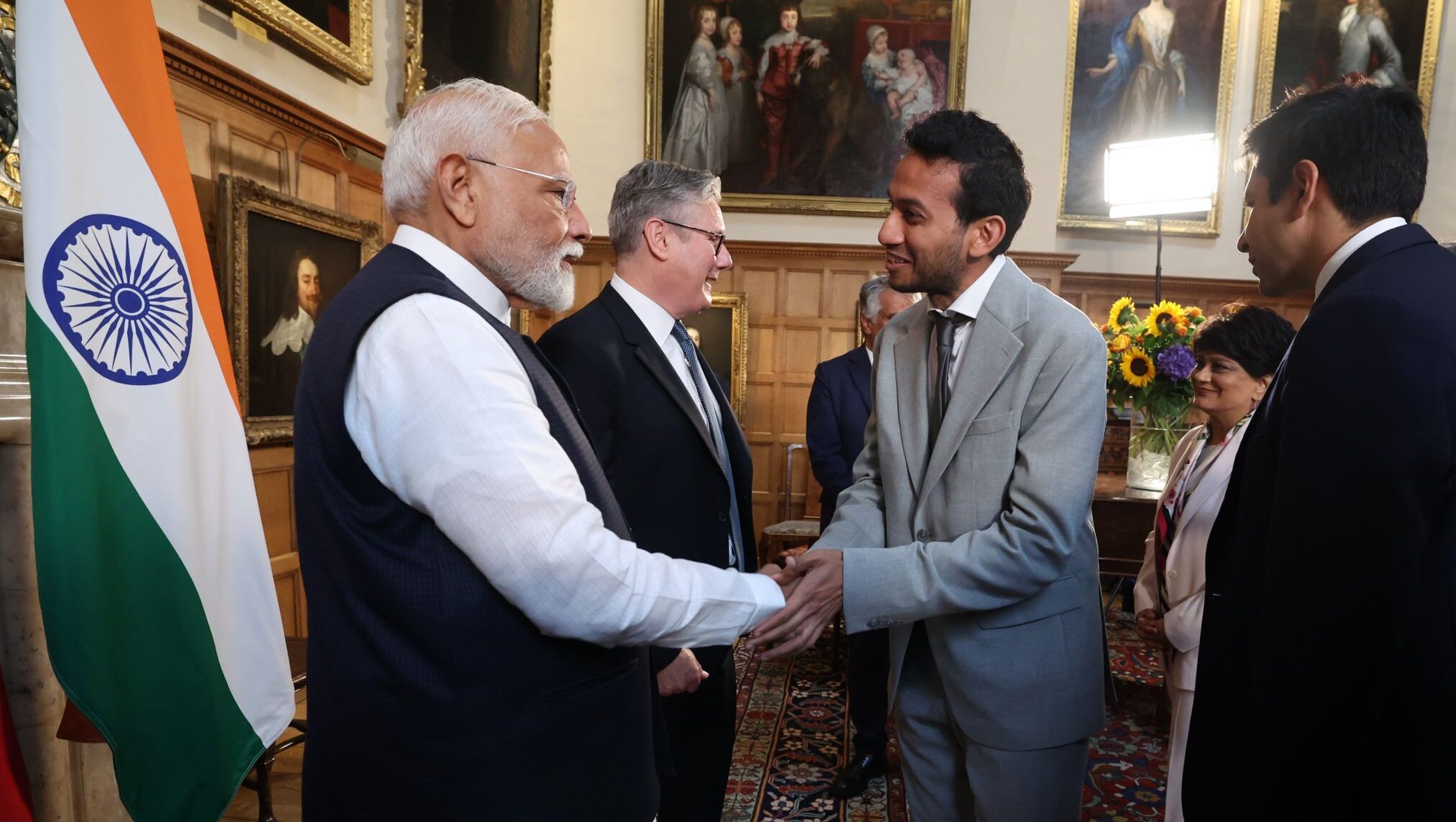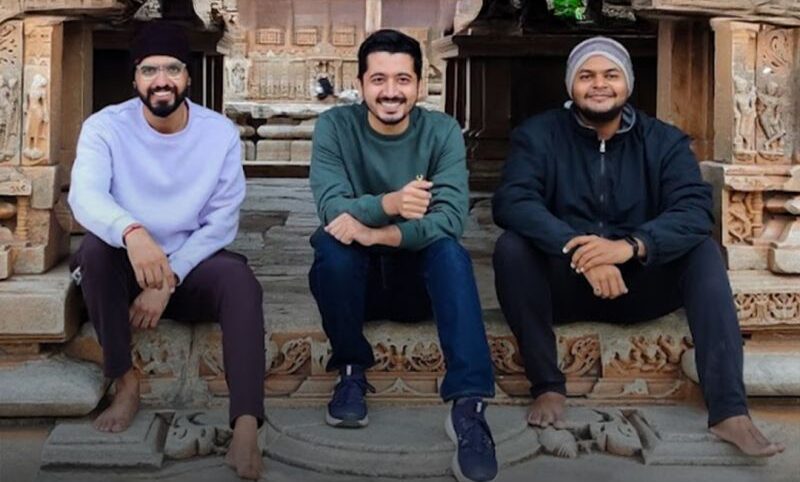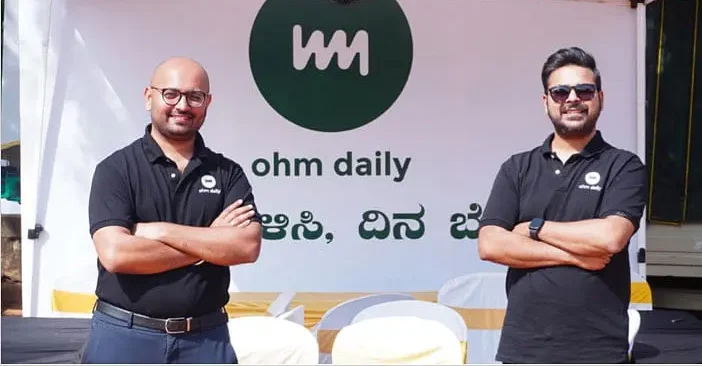UGRO Capital, a data‑tech NBFC dedicated to MSME lending, reports that 78% of its borrowers are first‑generation entrepreneurs accessing formal credit for the first time, a major shift from reliance on informal funds. Their Social Impact Report 2025 shows UGRO supported over 135,000 MSMEs, raising its AUM nearly four‑fold to ₹11,067 crore, and deepening inclusion across Tier‑3+ geographies.
Meet the Founder: Shachindra Nath’s Vision for MSME Lending
UGRO Capital was founded by Shachindra Nath. Before starting UGRO, he scaled several insurance, asset management, and loan companies and assisted in the creation of Religare Enterprises. In 2018, Nath established UGRO with the sole goal of using technology and data to bridge the credit gap that MSMEs (Micro, Small, and Medium Enterprises) in India face. With a focus on introducing new business owners to formal financing, UGRO has become one of the nation’s most inventive non-banking financial companies (NBFCs) under his direction. His belief that “data is the new collateral” keeps UGRO committed to lending in an inclusive and responsible manner.
The MSME Credit Gap: What’s Fueling Demand for Institutional Lending
India’s MSME sector makes up around 30% of GDP and supports over 120 million jobs, yet formal credit penetration is only about 14%. UGRO highlights that nearly 48% of MSMEs face a credit gap, while 75% still rely on informal lending, typically high‑interest local sources.
Despite sectoral importance, many first‑time entrepreneurs find themselves locked out due to lack of credit history, stringent collateral norms, and documentation hurdles.
How UGRO Capital Is Bridging the Gap with Data-Driven Lending
Using data analytics, alternative credit scoring, and digital workflows, UGRO reaches underserved entrepreneurs, especially women and businesses in smaller towns. Around 74% of UGRO’s portfolio is women‑led enterprises, and 9% are single‑woman owners, underlining its emphasis on inclusive finance.
By embedding AI models into lending, UGRO speeds approvals with fewer documents and evaluates creditworthiness based on transactional data rather than assets alone.
Broader Solutions: How Policy and Technology Align
The RBI‑mandated Credit Guarantee Fund Trust for MSMEs (CGTMSE) provides collateral‑free loan guarantees of up to ₹5–10 crore. And the TReDS platform offers invoice discounting solutions to improve cash flow for MSMEs, helping fill a ₹25 lakh crore financing gap.
SIDBI also advocates sector-specific policy support, promoting digital lending channels and simplified credit mechanisms.
Why This Shift Matters: Financial Inclusion with Far-Reaching Impact
When first‑generation entrepreneurs gain formal credit, they gain stability and legitimacy. UGRO’s experience shows timely, affordable capital can transform micro-businesses into scalable ventures, creating jobs, empowering women, and boosting entrepreneurial ecosystems in smaller towns.
However, challenges remain: awareness of schemes like CGTMSE is limited, and many MSMEs still lack digital footprints to qualify. Closing that gap means investing in education, fintech‑bank partnerships, and fintech adoption across India’s economic base.
Key Takeaways
| Insight | Implication |
| 78% first‑generation borrowers | Formal credit is finally reaching new entrepreneurs |
| 48% credit gap; 75% informal funding | Institutional reforms and fintech solutions remain critical |
| Women‑led enterprises rising | Equity and sustainability are gaining ground |
| Policy‑fintech synergy | Guarantee schemes, TReDS, and digital lending enable access |
India’s MSME ecosystem stands at a tipping point. When institutions like UGRO meet policy tools with technology and inclusivity, formal credit can truly empower the nation’s foundational small businesses.










